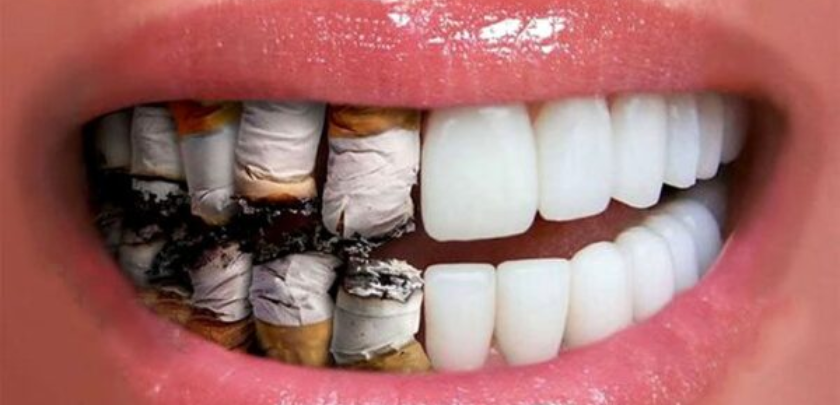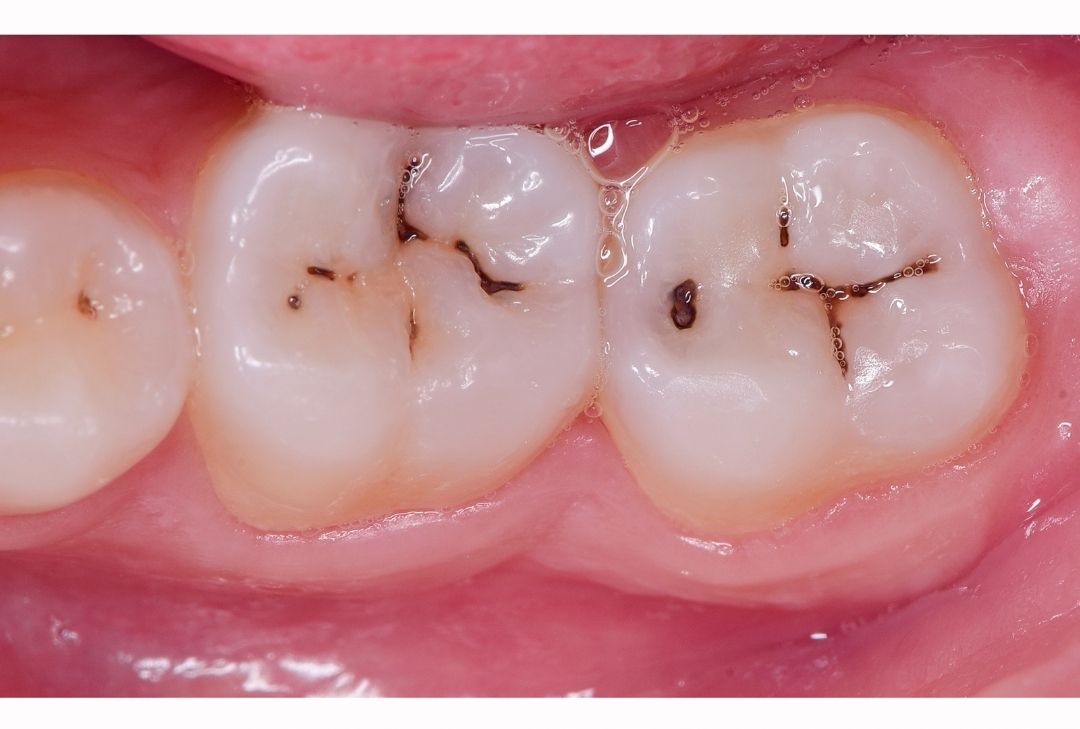At Albania Dental Agency, we believe every patient deserves a healthy, confident smile that lasts a lifetime. Dental implants are one of the most advanced treatments available to replace missing teeth — offering natural aesthetics, strength, and durability. However, one lifestyle factor can seriously threaten the success of your implants: smoking. If you’re considering dental implants or have already had them placed, it’s crucial to understand how smoking affects your dental implants and what you can do to protect your investment.
The Relationship Between Smoking and Oral Health
Smoking doesn’t only stain your teeth — it impacts your entire oral environment. Tobacco smoke reduces oxygen levels, narrows blood vessels, and weakens the immune response, creating conditions that are hostile to healing.
Common effects include:
-
Reduced blood flow to the gums and bone.
-
Slower healing after surgery.
-
Increased bacterial plaque and inflammation.
-
Higher risk of gum disease and bone loss.
These effects directly interfere with how your body integrates dental implants, making success less predictable.
How Dental Implants Work
A dental implant is an artificial root, typically made of titanium or zirconia, that integrates with your jawbone through a natural biological process called osseointegration.
Once the implant bonds securely to the bone, a crown or bridge is placed on top, completing the restoration.
Successful integration requires:
-
Strong bone density
-
Adequate blood circulation
-
Healthy gums
-
A smoke-free environment
When nicotine and toxins from smoking enter the bloodstream, this delicate healing process becomes compromised.
How Smoking Affects Your Dental Implants
1. Reduced Oxygen and Blood Supply
Nicotine constricts blood vessels, limiting oxygen and nutrients essential for healing. This slows recovery and prevents proper bone regeneration around the implant.
2. Increased Risk of Implant Failure
Scientific research shows that smokers face a 2–3 times higher risk of implant failure than non-smokers. Smoking interferes with osseointegration, meaning the implant may not fuse properly with the jawbone.
3. Higher Risk of Infection (Peri-implantitis)
Smokers are more prone to peri-implantitis — an infection around the implant caused by bacterial plaque. This condition can destroy bone tissue and lead to implant loss if untreated.
4. Bone and Gum Recession
Tobacco accelerates bone resorption and causes gum recession, exposing the implant and making it look unaesthetic. This is especially visible with front teeth.
5. Longer Healing Time
Post-surgical healing can take 30–50% longer in smokers. Delayed recovery increases the risk of complications such as inflammation, dry socket, or wound reopening.
6. Poor Aesthetic Results
Smoking stains teeth and restorations, affecting the brightness of your smile and the overall outcome of your implant treatment.
Titanium vs Zirconia Implants in Smokers
At Albania Dental Agency, we use both titanium and zirconia implants, depending on each patient’s needs.
While both are safe and effective, zirconia implants may offer slight advantages for smokers:
-
Lower bacterial adhesion.
-
Better gum health response.
-
Natural white color (more aesthetic for visible areas).
However, regardless of the material, smoking still negatively impacts healing and longevity. The best solution remains reducing or quitting smoking altogether before and after treatment.
How Long Should You Stop Smoking Before and After Implant Surgery?
For optimal results, our implant specialists recommend:
-
Stop smoking 2–4 weeks before surgery.
-
Avoid smoking for at least 8 weeks after surgery.
This allows your gums and bone to heal naturally, ensuring successful osseointegration. Even partial reduction improves recovery significantly.
Caring for Dental Implants if You Smoke
If quitting is difficult, you can still protect your implants by following these essential care tips:
-
Brush your teeth at least twice daily with a soft toothbrush.
-
Use interdental brushes or floss around implants.
-
Rinse with antibacterial mouthwash after meals.
-
Schedule professional cleanings every 3–4 months.
-
Drink plenty of water and maintain a balanced diet rich in vitamins C and D.
Dental Implants and Smoking: Statistics You Should Know
-
Implant success rate in non-smokers: 95–98%.
-
Implant success rate in smokers: 80–85%.
-
Risk of peri-implantitis: 3x higher in smokers.
-
Bone loss progression: up to 0.5 mm more per year in smokers compared to non-smokers.
These numbers clearly show that tobacco use drastically reduces implant longevity — but with the right care and professional monitoring, success is still achievable.
Why Choose Albania Dental Agency
At Albania Dental Agency, we combine advanced technology, highly experienced implantologists, and personalized patient care.
-
ISO-certified facilities with 3D digital imaging and guided surgery.
-
Use of premium implant systems (Straumann, Megagen, Nobel Biocare).
-
Experienced doctors trained in Italy, Germany, and Switzerland.
-
Full post-operative follow-up and hygiene maintenance programs.
Our mission is to help every patient — even smokers — achieve a healthy, lasting, and beautiful smile through safe, evidence-based implant treatments.
Conclusion
Smoking is one of the biggest threats to the success of dental implants, affecting healing, bone stability, and long-term results.
If you’re a smoker planning to get implants, the best step is to quit or reduce smoking before surgery and follow your dentist’s post-operative advice carefully.
At Albania Dental Agency, we’ll guide you through every phase — from consultation to recovery — to ensure your implant treatment is successful and your new smile lasts for years to come.
Book your free consultation today and discover how to restore your smile safely and effectively with our world-class dental implant experts in Albania.


















